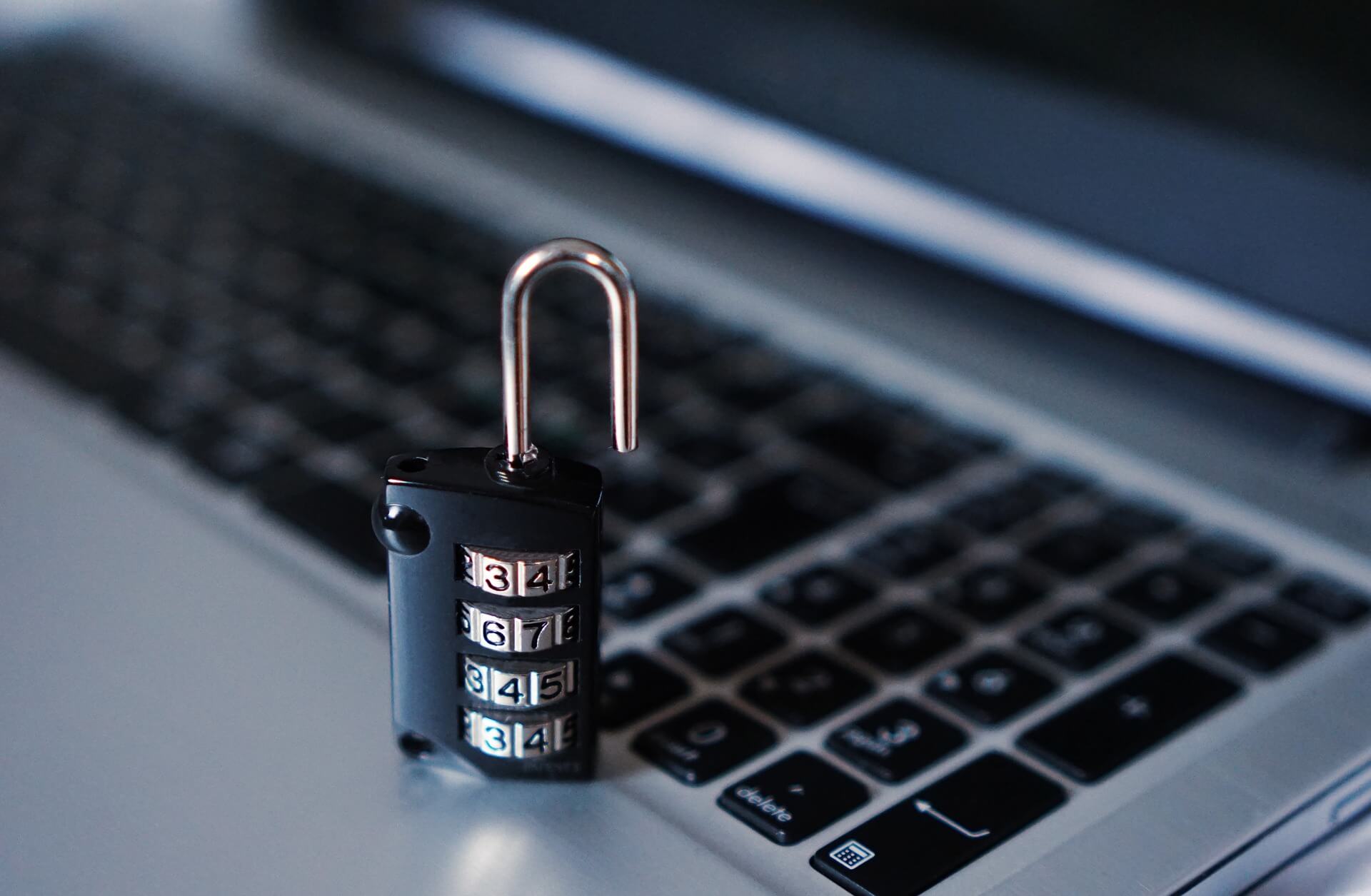
Cybersecurity drew immense attention in 2016 and 2017. The past couple of years saw many sophisticated types of cyber attacks, such as ransomware and hacking of elections. While most of the threats this year aren’t new, complex attacks do suddenly appear on the horizon. One of the powerful weapons to fight off cyber attacks or prevent them altogether resides in our outlook on cybersecurity.
Many cybersecurity myths are out there and people still believe them. Here are the top cybersecurity myths:
- Online Risk is a Different Type of Risk: There exists nothing like an online risk. It is actually a risk. It is the same danger that incorporates everything, ranging from your intellectual property to critical data and personal security. As such, it calls for the same level of importance and attention from your organization’s top management. Do not treat cyber risk as a different form of risk. It exposes your organization to the same dangers as all risks.
- Cybersecurity if Simply a Problem of IT: No, cybersecurity is not limited to IT issues. Keep in mind that tagging cybersecurity as a task assigned to the IT guys simply means you are facilitating cybercriminals to launch an attack. Cybersecurity is the responsibility of everyone in your organization, ranging from the top management to the line staff and even your vendors. When your information gets digital, everything needs to be protected by everyone in your business.
- Having Simple Defenses in Place is Sufficient: Just putting some cybersecurity practices in your organization is not good enough to make you foolproof against potential attacks. Instead, you must avail robust and reliable cybersecurity solutions and services and know how other stakeholders of your organization are acting, such as your vendors, accounts firms, suppliers, and your subordinate organizations and subsidiaries.
- Online and Physical Security are Different Things: The Internet of Things has connected most of our digital devices. Today, the elevator in your building and even the traffic signal are connected. What this means is that you are exposed to possible security risks both in the physical and online world at the same time. As such, you should not treat the security of the online and the physical world as two different things.
- Exiting the Digital World Can Reduce the Risk: Keep in mind that leaving the digital world can trigger many issues, besides reducing your competitiveness, effectiveness, and productivity. When you abandon the digital world, it can increase the risks for you. Digital data copied by someone and the air-gapped and disconnected networks are extremely difficult to keep eye on. As such, the risks will only increase for you.
